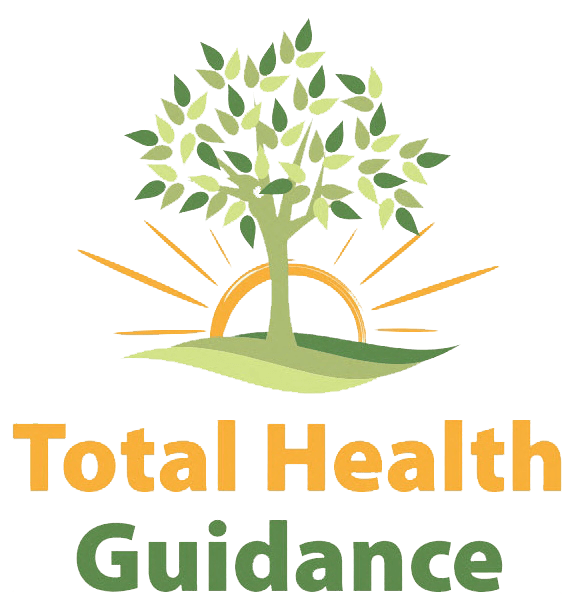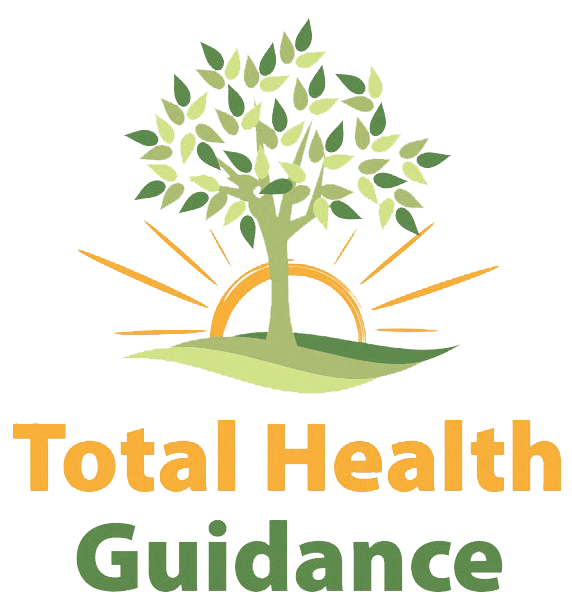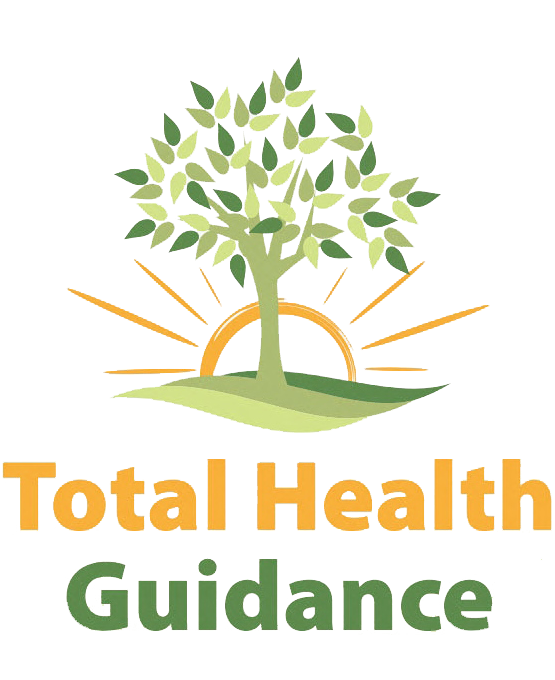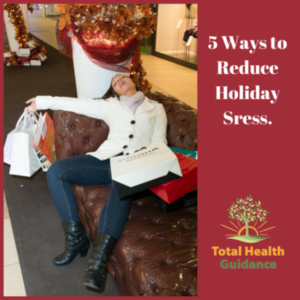5 Tips for Dealing with Hurricane Related Anxiety
By John Stiteler, MA, LCCT (Owner of Total Health Guidance)
Most people are experiencing some level of stress related to Hurricane Irma. In fact, if you live in Florida, increased stress at this time is normal and even healthy. That’s right, some level of stress is actually healthy because it produces the hormone cortisol which provides extra motivation and energy to prepare for emergency situations. However, there is a difference between appropriate levels of stress and significant anxiety.
If cortisol levels become too elevated it can result in panic attacks, nightmares, intrusive images, intense fear, changes in appetite, sleep disturbances, and other physical illnesses. Here are five tips to help manage the excess stress caused by Irma:
- Limit media exposure. Obviously everyone needs to stay informed about the progress of the storm, evacuation orders, etc. However, that does not mean that you should be watching and listening to storm coverage 24 hours a day. Tune in periodically to get the latest information and then take a break. Too much exposure can lead to trauma producing reactions.
- Exercise. Exercise helps to reduce cortisol levels. If you find yourself not being able to avoid constant media coverage, at least try to do some exercise while you are watching it. For example: rotate between jumping jacks, sit-ups, and push-ups during every commercial break. Or, take a 15-minute walk (when it is safe to do so) for every 15 minutes of coverage you watch.
- Find time for activities you enjoy. Read a book, work on a puzzle, knit, or do something else you enjoy. These healthy activities can give your mind a temporary break from thinking about the devastation and keep stress in check. Your mind and your body will need these temporary breaks to remain sharp.
- Avoid drugs and excessive drinking. Drugs and alcohol may temporarily seem to remove stress, but in the long run they will only make it worse. If you smoke or drink coffee, try to limit your intake since nicotine and caffeine can both exasperate stress
- Ask for help when you need it. If your feelings do not go away or are so intense that they interfere with your ability to function in daily life – ask for help. Friends, family, and places of worship can all be good sources of relational, spiritual, emotional, and physical support. Don’t try to cope alone. Asking for help is not a sign of weakness.
The staff at Total Health Guidance is available if professional help is needed. If you continue to experience significant anxiety once the storm has passed, please give us a call for a free over-the-phone anxiety evaluation. You can contact us at 321-332-6984 for this FREE consultation or take it online.








